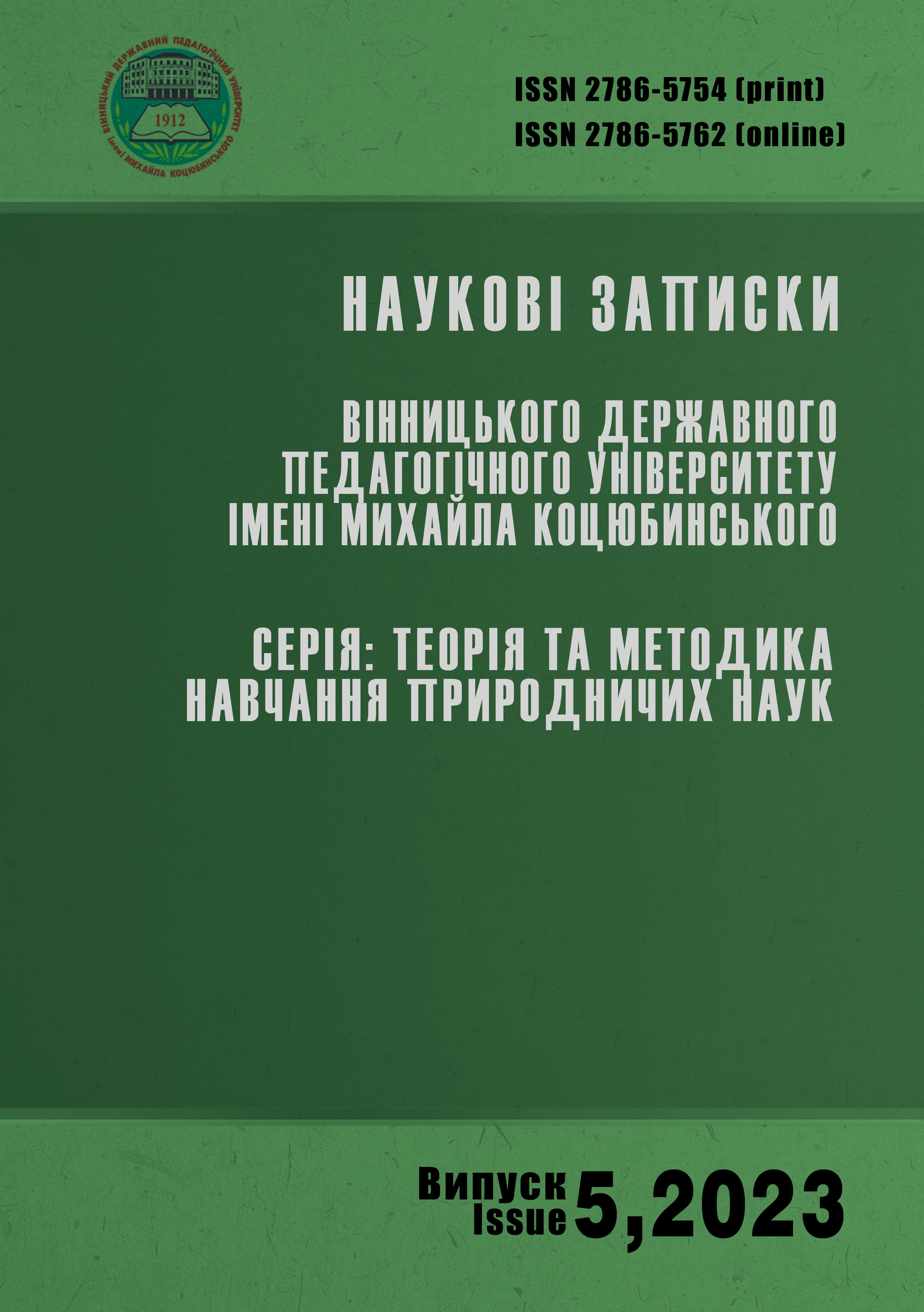Abstract
Modernization of the education system of Ukraine involves the analysis of foreign experience in the organization of educational activities and consideration of the best practices as one among other tasks. Therefore, in the context of the research, it is important to analyze the achievements of French education, which are related to the activities of the public movement of the new education GFEN (the French Group of New Education). This movement arose in the 20s of the ХХ century within the framework of the International League of New Education activities. GFEN representatives supported the education of a conscious citizen of the state, who is capable of critical thinking, who is free to express his opinions. They also created schools of a new type. It was GFEN representatives who developed the «workshop» technology.
Representatives of the GFEN movement proclaim that every child is capable. It is only necessary to create conditions for the development of their creative abilities with the help of certain forms, methods and techniques of teaching. Later, this slogan was added by «All researchers!», «All creators!».
The article reveals the essence of the «workshop» technology as an innovative learning technology, indicates its advantages and disadvantages, describes in detail the stages of implementing the technology in the educational process and features its usage on natural sciences lessons.
The application of the technology of French workshops contributes to the creative growth of the personality of schoolchildren and the construction of their knowledge during the time of learning, gaining their own experience in solving educational situations. The «workshop» as a technology implies compliance with a certain algorithm, a sequence of such stages as: induction, self- construction, socio-construction, socialization, advertising, «disruption», reflection.
The usage of the «workshop» technology interests students and makes them co-creators of the lesson, who independently construct their knowledge of the subject.
References
Грицай Н. Методична майстерня як практико-орієнтована технологія навчання майбутніх учителів біології. Педагогічна освіта. 2016. Випуск 20 (1). Ч. 1. С. 273–279.
Грицай Н. Б. Технологія «майстерня» у навчанні природничих предметів. Тернопільські біологічні читання – Ternopil Bioscience – 2023: матеріали Міжнар. наук.-практ. конференції, присвяченої 100-річчю від дня народження Шиманської Валентини Омелянівни (11–13 травня 2023 р.). Тернопіль: Вектор, 2023. С. 294–297.
Казаков Ю. М. Історико-педагогічний контекст розвитку медіаосвіти. Вісник ЛНУ імені Тараса Шевченка. 2009. № 9 (172). С. 264-274.
Л. В., Папіжук В. О., Прокопчук Н. Р. Інтерактивна методична майстерня як засіб формування Soft Skills у професійній підготовці майбутнього вчителя іноземної мови. Acta Paedagogiсa Volynienses. 2022. № 2(1). С. 73-80. https://doi.org/10.32782/apv/2022.1.2.12
Нова українська школа: концептуальні засади реформування середньої школи (2016). https://mon.gov.ua/storage/app/media/zagalna%20serednya/nova-ukrainska-shkola-compressed.pdf
Нор К. Ф. Педагогічна майстерня як інноваційна технологія. Педагогічний альманах: зб. наук. пр. Херсон: Херсонська академія неперервної освіти, 2013. Вип.18. С. 159–165.
Соболь Н. В. Технологія педагогічної майстерні у контексті формування художньо-творчої толерантності майбутніх учителів музики. Науковий вісник Миколаївського державного університету імені В.О. Сухомлинського. Серія: Педагогічні науки. 2016. № 2(53). С. 176-180.
Фасоля А. М. Інноваційні форми навчання: педагогічна майстерня. Українська мова і література в школі. 2018. № 5. С. 24-27.
Харченко Т. Г. Гуманізація сучасної педагогічної освіти у Франції: теорія і практика: монографія. Луганськ: Вид-во ДЗ «ЛНУ імені Тараса Шевченка», 2013. 560 с.
Ходацька О. Педагогічна майстерня як інтерактивна форма розвитку професіоналізму вчителів української мови та літератури в умовах неформальної освіти. Мистецька освіта: зміст, технології, менеджмент. 2019. № 14. С. 171-188.
Чуркіна В., Косенко К. Технологія творчої майстерні як умова формування активної естетично розвинутої особистості. Освітні інновації: філософія, психологія, педагогіка: матеріали ІІ Міжнародної науково-практичної конференції, 3 грудня 2015 року: у 4 ч. Суми: Видавничо-виробниче підприємство «Мрія», 2015. Частина 1. С. 110-114.
Юхименко Н. Ф. Система освіти Франції ХІХ-ХХ ст.: особистісна орієнтація та перспективи розвитку. Гуманітарний вісник ДВНЗ "Переяслав-Хмельницький державний педагогічний університет імені Григорія Сковороди": науково-теоретичний збірник / гол. ред. В. П. Коцур. Переяслав-Хм.: Лукашевич О. М., 2012. Вип. 27: Педагогіка. Психологія. Філософія. С. 503-506.
Gutierrez L. Les premières années du Groupe français d’éducation nouvelle (1921-1940).
Recherches & éducations. 2011. № 4. Р. 27-39.
Le Groupe francais d’education nouvelle. https://www.gfen.asso.fr/fr/accueil
Lien International d’Éducation Nouvelle. https://lelien.org/

This work is licensed under a Creative Commons Attribution 4.0 International License.
Copyright (c) 2023 Nataliia Hrytsai, Maryna Diachenko-Bohun

